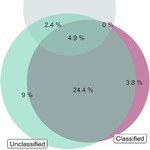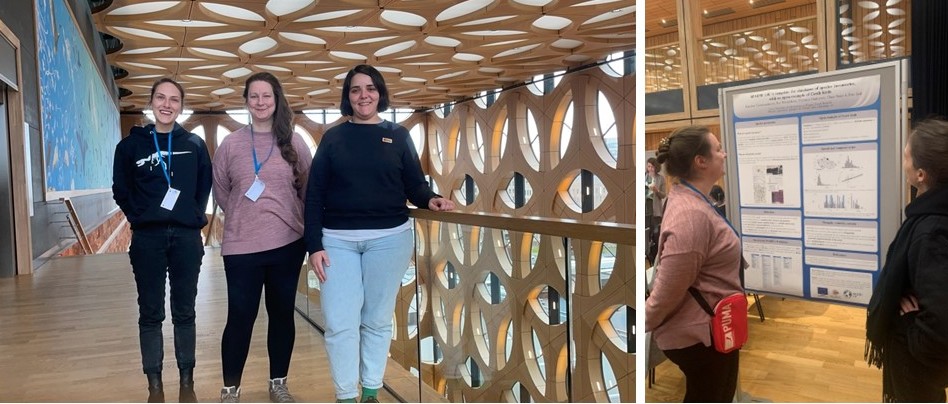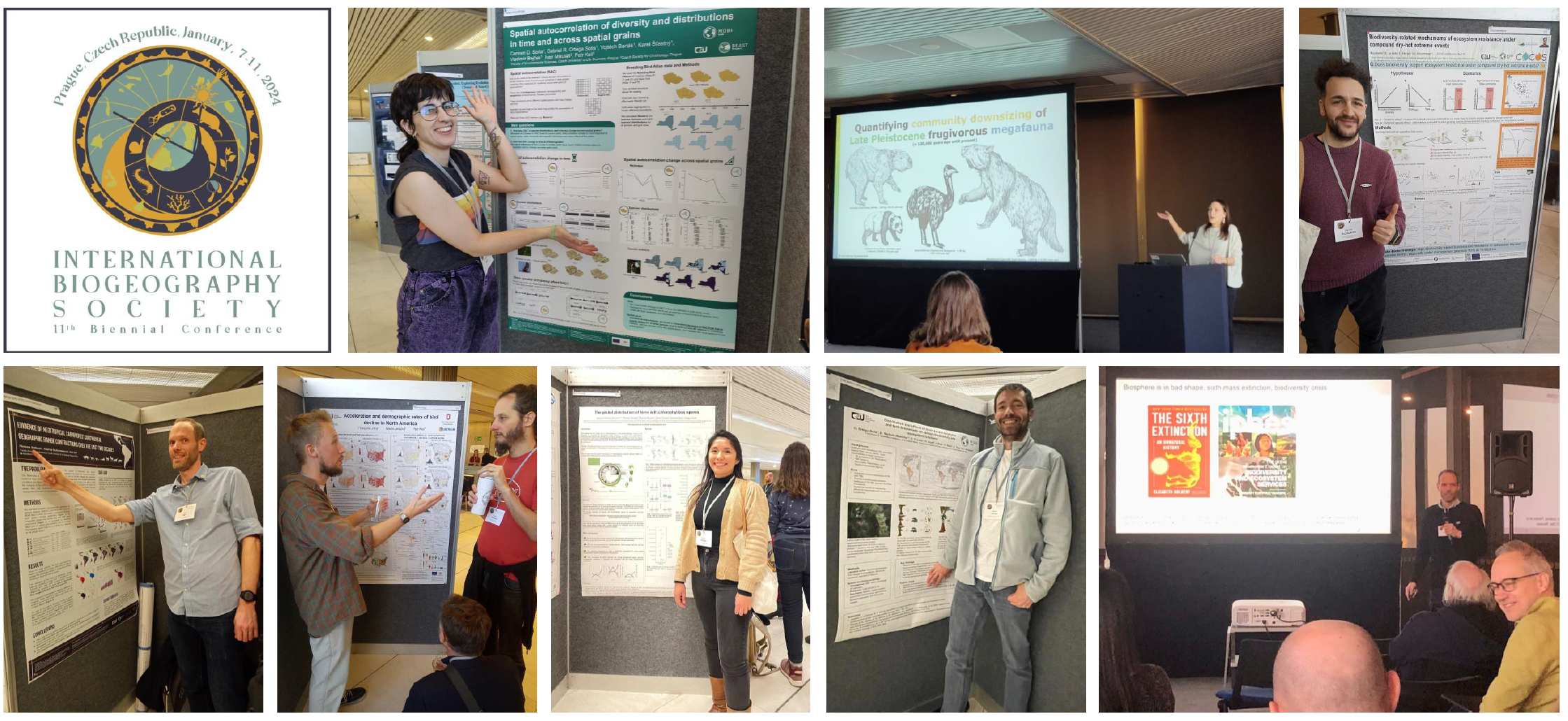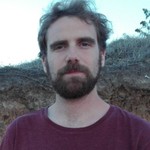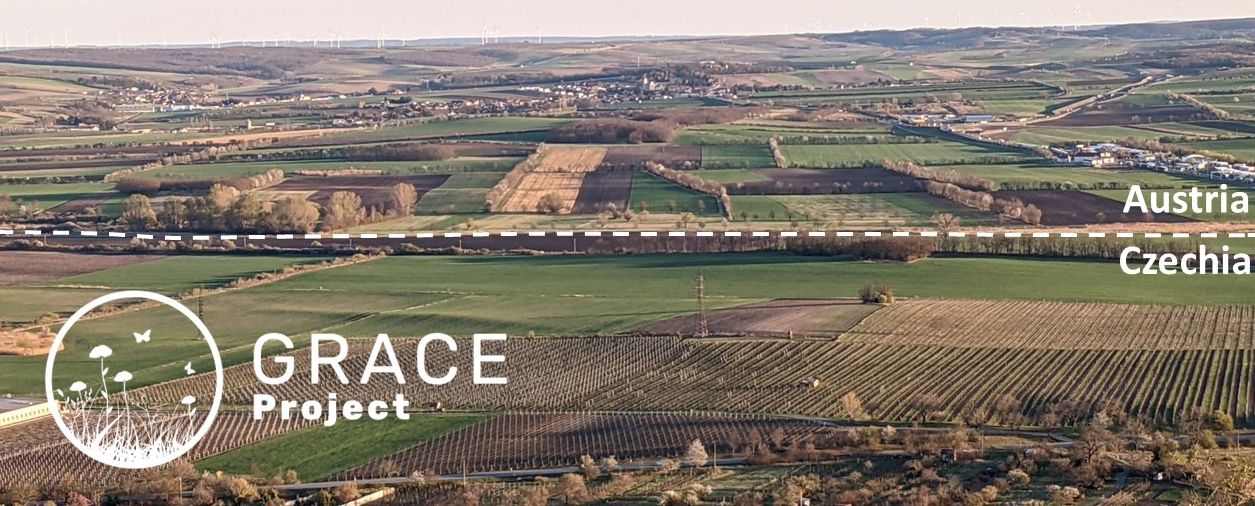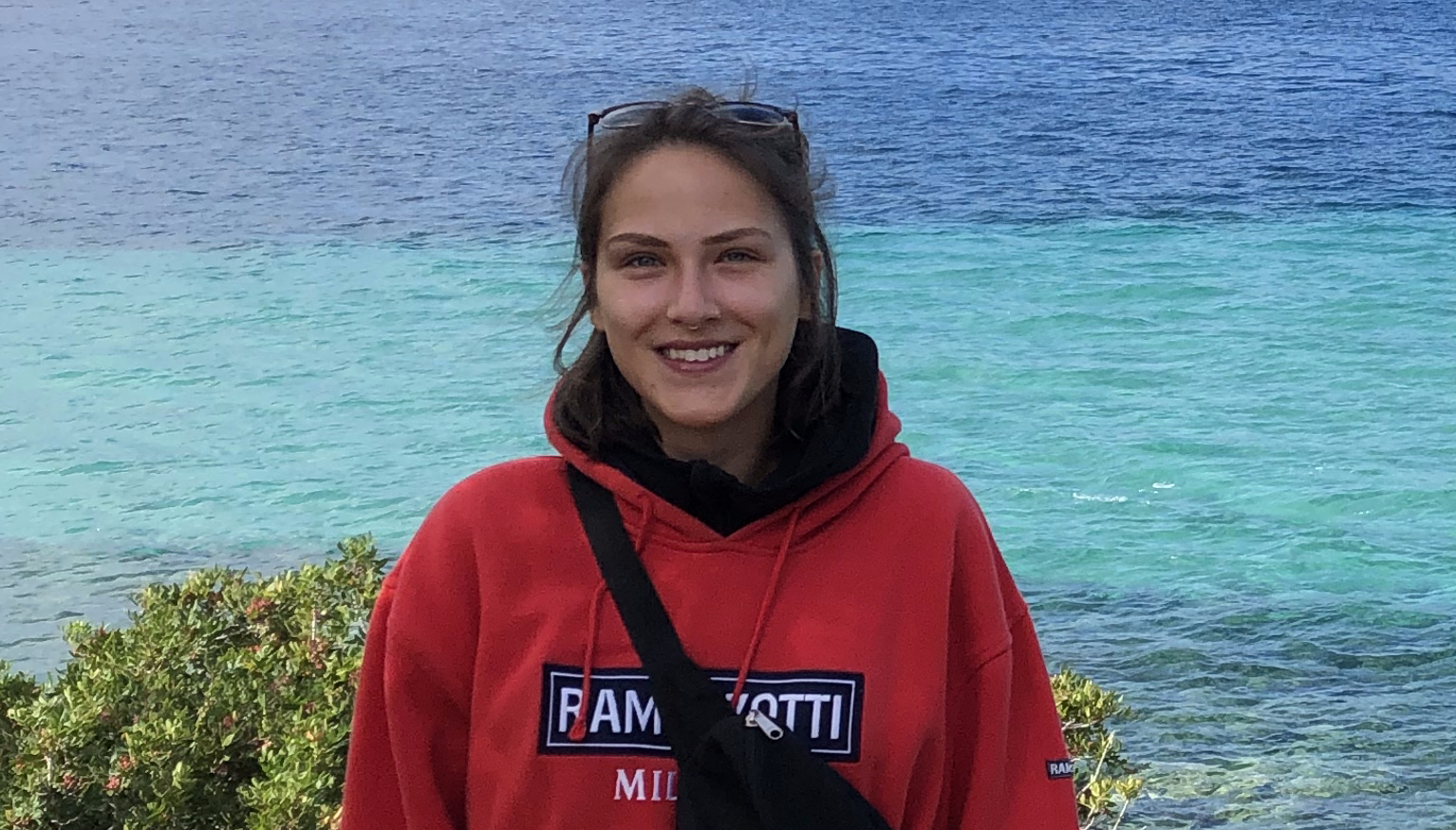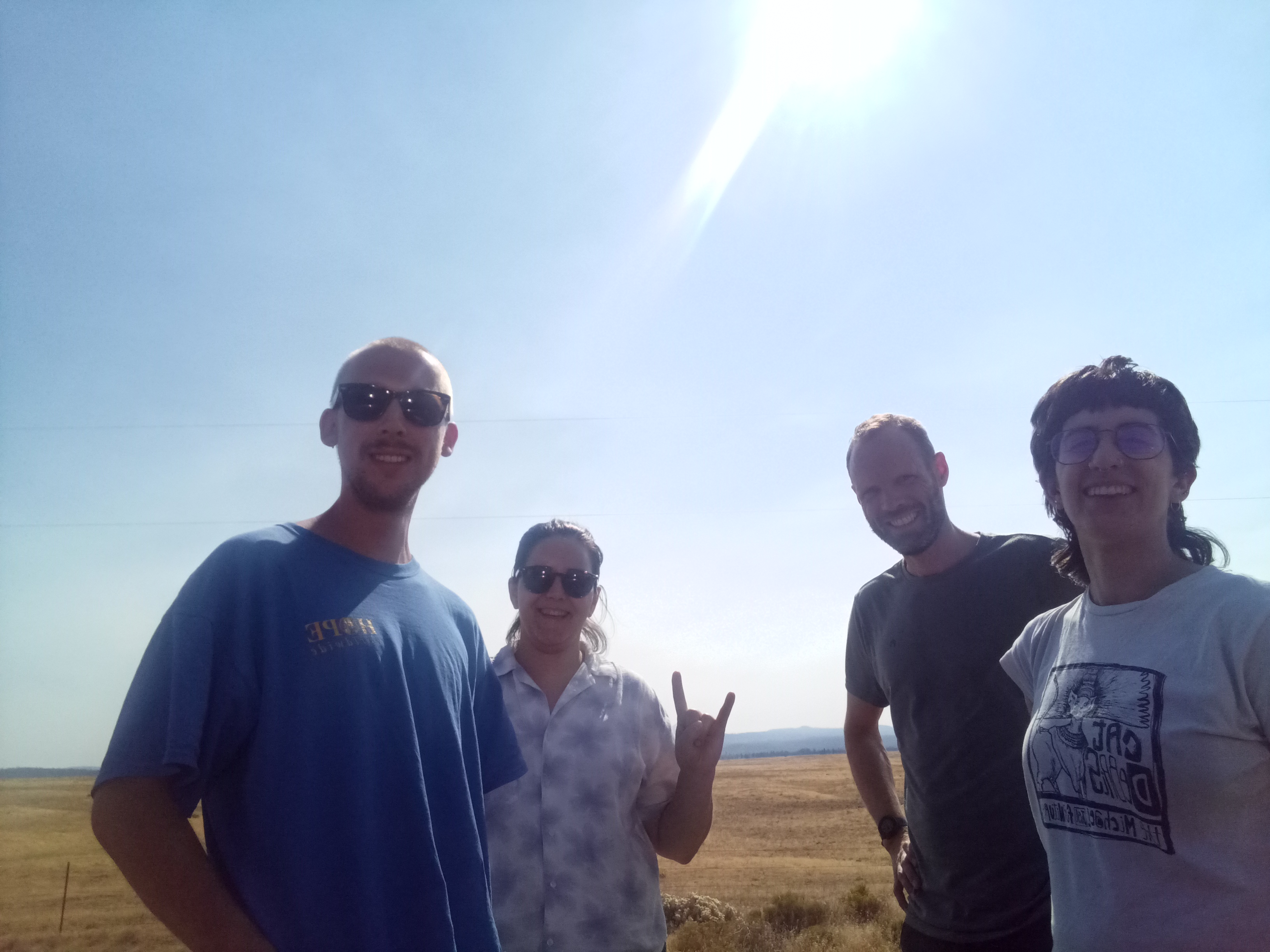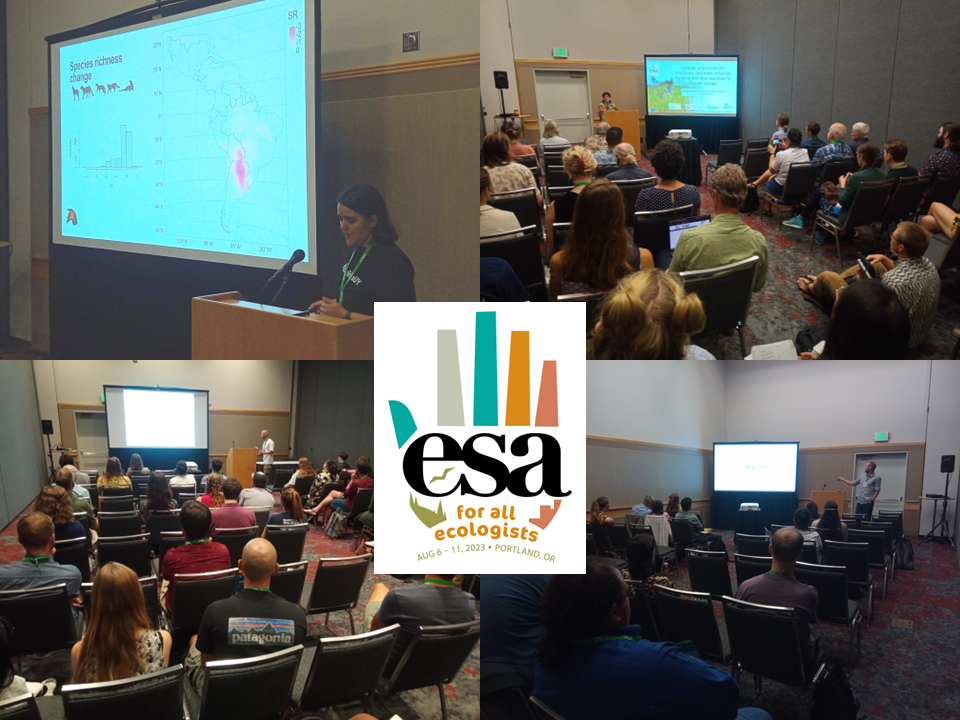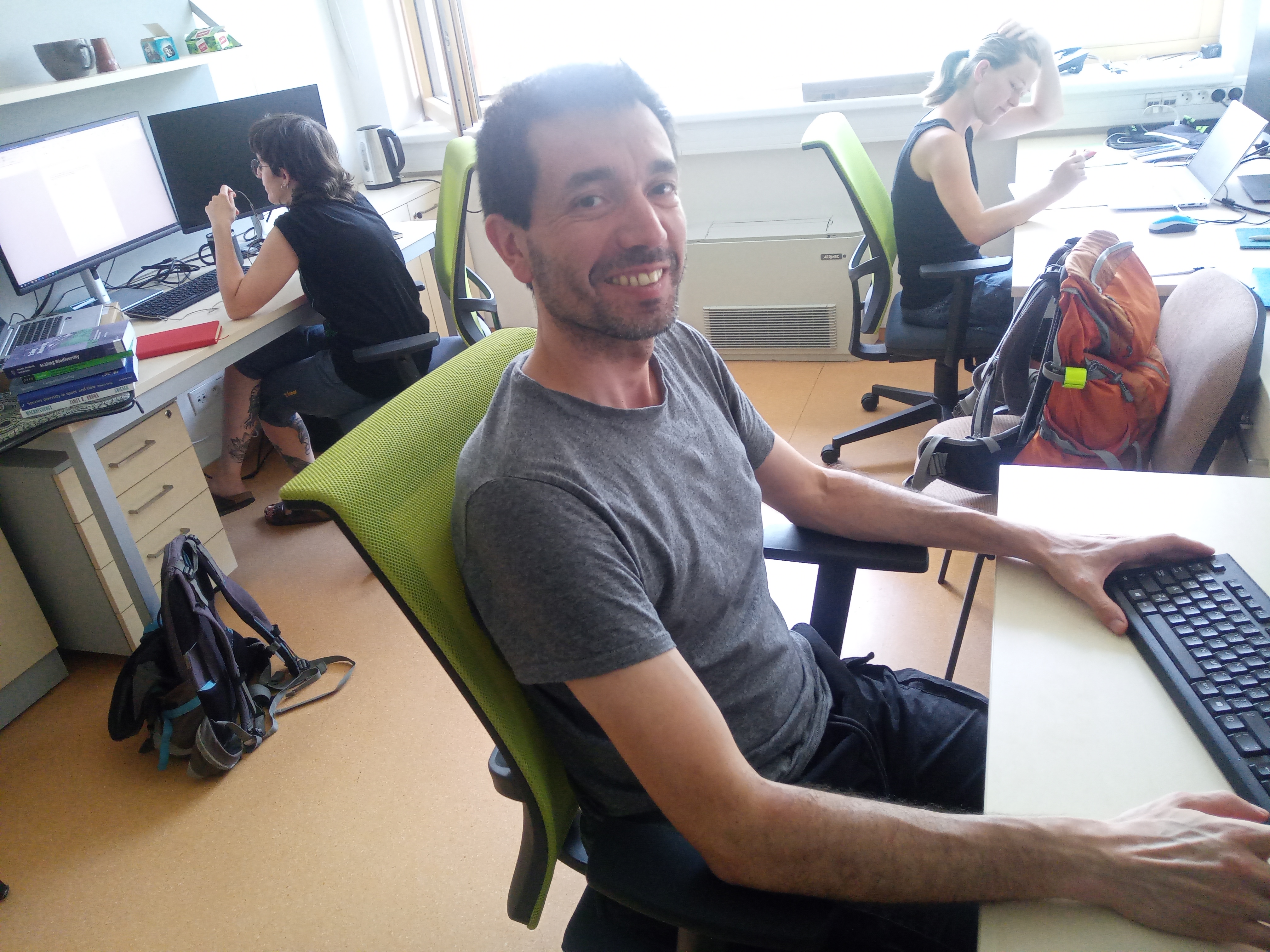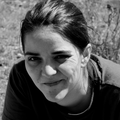We are opening a full-time postdoctoral position (2-years contract, potential for 1-year extension) in a field spanning macroecology, biogeography, biodiversity science, ecological statistics, and spatial ecology. The candidate will join our international team at the Dpt. of Spatial Sciences at the Faculty of Environmental Sciences, Czech University of Life Sciences in Prague, Czech Republic.
Research topic: The research will be part of ERC-funded project BEAST (“Biodiversity dynamics across a continuum of space, time, and their scales”). Within the project we study how biodiversity (and its different facets) changes in time, which includes extinctions and invasions, how the changes play out at local, regional, and continental scales, and what drives the changes. The project emphasizes terrestrial taxa (mostly vertebrates, but also some plants and insects).
Job description: The work will be mostly computational, and will involve handling of biodiversity databases, spatial data cleaning and management, programming, and custom-tailored statistical analyses (in R, Python, Julia, or similar). There will be use of geographic information systems (GIS). We expect the postdoc to negotiate and collaborate with international data holders, and with other members of the team. Apart from being the lead author on papers and presenting on conferences, the postdoc can get training through workshops and courses. There will be teaching opportunities.
Details, requirements, salary, and application instructions are here. Application deadline is 30th of July 2024.

